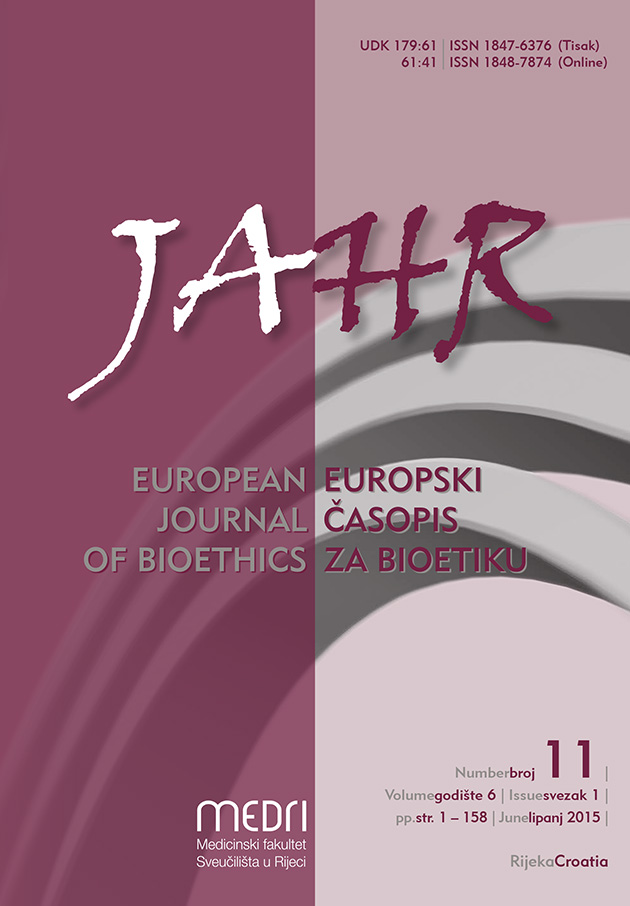Contemporary Bioethics: The Promethean Challenges of Reprogenetics
Keywords:
ARTs, Prometheus, bioethics, biopolitics, reprogeneticsAbstract
Contemporary bioethics presents to us major challenges in several fields of knowledge. The ever-increasing technological power to interfere with the nature of things (including human nature) demands our increasing ethical awareness and considerations. How are we going to respond to these demands? Our proposal is to address this complex issue by revisiting one of the founding myths of Western civilization, that of Prometheus. Among numerous variations of this myth, we will address in the first part of the paper: Goethe’s poem “Prometheus” (1772), Mary Shelley’s novel Frankenstein; Or,The Modern Prometheus (1818), and Franz Kafka’s short piece entitled “Prometheus” (1918). Our understanding of this myth will help us to narrow the pathos involved in the current bioethical dilemmas and give us a chance to reflect on the scope of human actions in the fields of recent scientific-breakthroughs. In the second part of the paper we will consider the implications of the creative power involved in the process of assisted reproductive technologies (ARTs), which present a version of the post-modern Promethean challenge. The fast development of reprogenetics creates significant concerns dealing with the evolution of our human condition and the erosion of the foundations of the traditional family model. Through the analysis of certain scenarios, in which science, law, and ethics are intertwined, we will at the end revisit an etching of the Spanish painter Francisco Goya, “The Sleep of Reason Produces Monsters” (1799). The symbolism of Goya’s work is multiple, but we will explore the one most related to the complex relation between bioethics and biopolitics.
Downloads
Published
Issue
Section
License
Authors who publish with this journal agree to the following terms:
- Authors retain copyright and grant the journal right of first publication with the work simultaneously licensed under a Creative Commons Attribution License that allows others to share the work with an acknowledgement of the work's authorship and initial publication in this journal.
- Authors are able to enter into separate, additional contractual arrangements for the non-exclusive distribution of the journal's published version of the work (e.g., post it to an institutional repository or publish it in a book), with an acknowledgement of its initial publication in this journal.
- Authors are permitted and encouraged to post their work online (e.g., in institutional repositories or on their website) prior to and during the submission process, as it can lead to productive exchanges, as well as earlier and greater citation of published work (See The Effect of Open Access).



